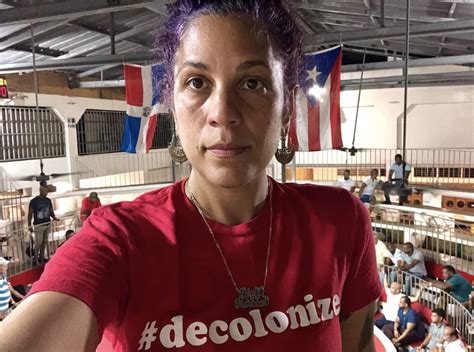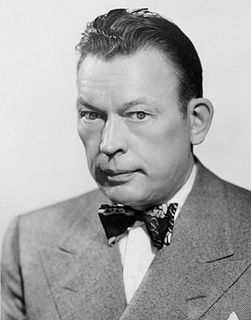A Quote by Laurie Halse Anderson
I understood what triggered her earthquakes, most of them.
Quote Topics
Related Quotes
The adolescent does not develop her identity and individuality by moving outside her family. She is not triggered by some magic unconscious dynamic whereby she rejects her family in favour of her peers or of a larger society.... She continues to develop in relation to her parents. Her mother continues to have more influence over her than either her father or her friends.
Artists have a double relationship towards nature: they are her master and her slave at the same time. They are her slave in so far as they must work with means of this world so as to be understood; her master in so far as they subject these means to their higher goals and make them subservient to them.
At that moment a very good thing was happening to her. Four good things had happened to her, in fact, since she came to Misselthwaite Manor. She had felt as if she had understood a robin and that he had understood her; she had run in the wind until her blood had grown warm; she had been healthily hungry for the first time in her life; and she had found out what it was to be sorry for someone.
I was just working in the shop and all of a sudden something just triggered in me, and I started shaking. And then I walked back into the house and my wife asked, 'What's the matter?' And I said, 'I don't feel good.' And tears, uncontrollable tears, was coming out of my eyes and she says, 'What's the matter?' And I told her. I said, 'I just thought about that execution that I did two days ago, and everybody else's that I was involved in.' And what it was, something triggered within, and it just, everybody - all of these executions all sprung forward.
No one really understood music unless he was a scientist, her father had declared, and not just a scientist, either, oh, no, only the real ones, the theoreticians, whose language was mathematics. She had not understood mathematics until he had explained to her that it was the symbolic language of relationships. "And relationships," he had told her, "contained the essential meaning of life."
Madame Bovary is one my favorite novels. Emma Bovary will always be an enigma, but as the years pass, I feel that I understand her better. She has a violent nostalgia, almost an infantile nostalgia, to be understood by the men surrounding her. I like her relentless fight for independence, her rebellion against the mediocre, and her quest for the sublime, even if she burns her wigs in the process. I like that Flaubert never judges her morally for her self-destructiveness, for her desperate attempt to satisfy her wildest desires and appetites.
As we continued to talk, going through the motions of getting to know each other, I realized that we already did know each other, as well as any two people could. We’d known each other for years, in the most intimate way possible. We’d connected on a purely mental level. I understood her, trusted her, and loved her as a dear friend. None of that had changed, or could be changed by anything as inconsequential as her gender, or skin color, or sexual orientation.






































